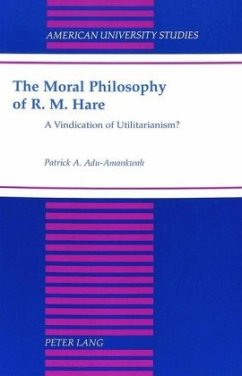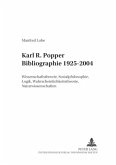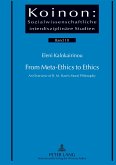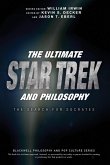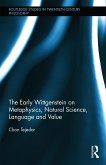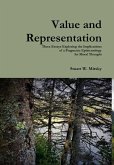This is probably the most comprehensive study of R. M. Hare's moral language analysis which leads to his defense of utilitarianism. Contesting the attempt by logical positivists to make moral statements non-philosophy, this work agrees in large part with R. M. Hare's analysis of language, but points out that Hare deserts his own philosophy in real situations of application. It finds that the utilitarian element to be found in most moral judgments is given undue weight and made the foundation of morality; actually utilitarianism only expropriates old precepts of intuitions. This book is commendable for its singular call to see the value of various moral philosophical positions and reconcile the truth in them, for such truths are not mutually exclusive simply because they come from philosophers of different schools.
"This work is an indispensable tool for all who want to understand the philosophy of R. M. Hare and see its tenability or otherwise in application. As an exposition, it shows an unparalleled understanding of Hare, and also provides the most detailed and stringent criticism of Hare's philosophy to date." (J. J. Sanguineti, Pontifical Urban University, Rome)

